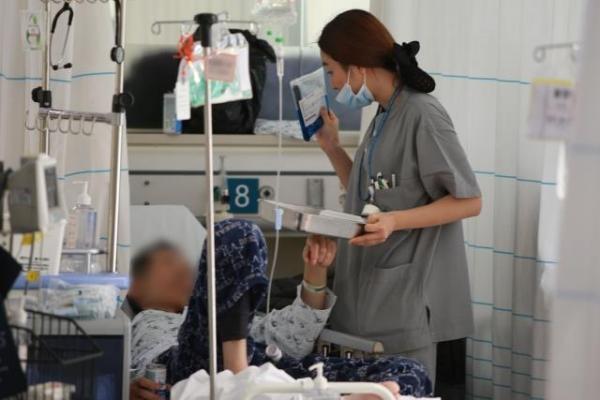
The government said it would open anonymized big data of 1.98 million cancer patients from June 20.
The Ministry of Health and Welfare said academics and industry researchers will have access to the K-CURE Cancer Public Library, a collaborative effort by the health ministry, the National Cancer Center (NCC), and the Korea Health Information Service (KHIS). This library combines cancer patient data from government and public institutions.
Under the lead of NCC in accordance with the Cancer Control Act, the K-CURE Cancer Public Library combines death information from Statistics Korea, cancer registration data from the Central Cancer Registration Center, qualification and examination information from the National Health Insurance Service (NHIS), and medical claims information from the Health Insurance Review and Assessment Service (HIRA).
The big data includes anonymized information of 1.98 million cancer patients registered from 2012 to 2019. It includes data on the entire life cycle of cancer patients from before diagnosis to death.
To open the data, NCC will receive applications for data utilization through the K-CURE portal and evaluate research purposes and the appropriateness of pseudonymization.
KHIS will support the connection of the Safe Utilization Center, a closed analysis space, for the safe analysis of the Cancer Public Library data.
Through the Cancer Public Library, researchers can reduce the time and cost required to apply for and combine public data from multiple institutions, and create research results such as diagnosis, treatment, and technology development for cancer patients while thoroughly protecting patient privacy through a safe analysis environment.
"The Cancer Public Library has high research value as it covers information on the entire life cycle of cancer patients," said Eun Sung-ho, Advanced Medical Support Officer at the Ministry of Health and Welfare.
"It is expected to be utilized for in-depth cancer conquest research and healthcare service development, including prognosis diagnosis and complication prediction, which will greatly improve public health."

